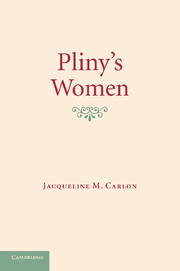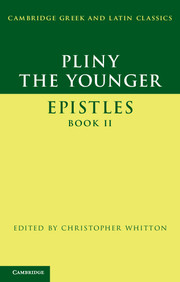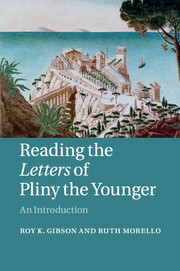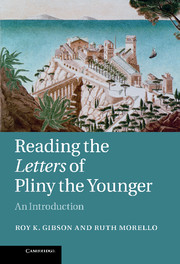The Art of Pliny's Letters
In this book on intertextuality in Pliny the Younger, Professor Marchesi invites an alternative reading of Pliny's collection of private epistles: the letters are examined as the product of an authorial strategy controlling both the rhetorical fabric of individual units and their arrangement in the collection. By inserting recognisable fragments of canonical authors into his epistles, Pliny imports into the still fluid practice of letter-writing the principles of composition and organisation that for his contemporaries characterised other writings as literature. Allusions become the occasion for a metapoetic dialogue, especially with the collection's privileged addressee, Tacitus. An active participant in the cultural politics of his time, Pliny entrusts to the letters his views on poetry, oratory and historiography. In defining a model of epistolography alternative to Cicero's and complementing those of Horace, Ovid and Seneca, he also successfully carves a niche for his work in the Roman literary canon.
- Was the first book to consider Pliny's private epistles as a work of literature
- Offers close readings of several epistles
- Provides an appendix cataloguing all allusions to Cicero's correspondence
Reviews & endorsements
"Marchesi writes in a congenial style; the translations accompanying all Latin quotations are fresh and lively..." --Christopher Whitton, University of Cambridge: New England Classical Journal
Product details
June 2011Paperback
9780521296977
292 pages
229 × 152 × 17 mm
0.43kg
Available
Table of Contents
- Introduction
- 1. The semiotics of structure
- 2. Sed quid ego tam gloriose? Pliny's choice of poetics
- 3. The importance of being Secundus: Tacitus' voice in Pliny's letters
- 4. Storming historiography: Pliny's voice in Tacitus' texts
- 5. Overcoming Ciceronian anxiety: Pliny's niche/nike in literary history
- From dawn till dusk: four notes in lieu of a conclusion
- Appendix to Chapter 5.






